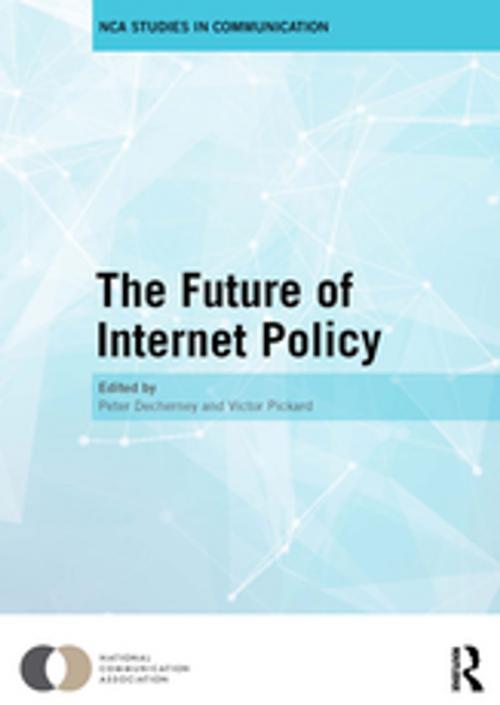| Author: | ISBN: | 9781317516729 | |
| Publisher: | Taylor and Francis | Publication: | October 2, 2017 |
| Imprint: | Routledge | Language: | English |
| Author: | |
| ISBN: | 9781317516729 |
| Publisher: | Taylor and Francis |
| Publication: | October 2, 2017 |
| Imprint: | Routledge |
| Language: | English |
All of the short essays in this volume look past the rhetoric of technological determinism and reliance on the natural logic of the market to consider the power of law and policy to steer new media in one direction or another. Many of the essays look backwards through history or outwards across national borders. They all look forward to how today’s policies will shape the future of the internet and society.
A particular focus of interest for some of the contributors is the revelations that followed Edward Snowden’s mass disclosure of classified documents in 2013, which revealed the U.S. National Security Agency’s systematic and longstanding program of monitoring global communications. Some chapters consider different countries’ varying approaches to regulating the proliferation of online communication, while others assess the current state of digital technology. They all call for policy interventions to solve market failures. This book was originally published as a special issue of Critical Studies in Media Communication.
All of the short essays in this volume look past the rhetoric of technological determinism and reliance on the natural logic of the market to consider the power of law and policy to steer new media in one direction or another. Many of the essays look backwards through history or outwards across national borders. They all look forward to how today’s policies will shape the future of the internet and society.
A particular focus of interest for some of the contributors is the revelations that followed Edward Snowden’s mass disclosure of classified documents in 2013, which revealed the U.S. National Security Agency’s systematic and longstanding program of monitoring global communications. Some chapters consider different countries’ varying approaches to regulating the proliferation of online communication, while others assess the current state of digital technology. They all call for policy interventions to solve market failures. This book was originally published as a special issue of Critical Studies in Media Communication.















